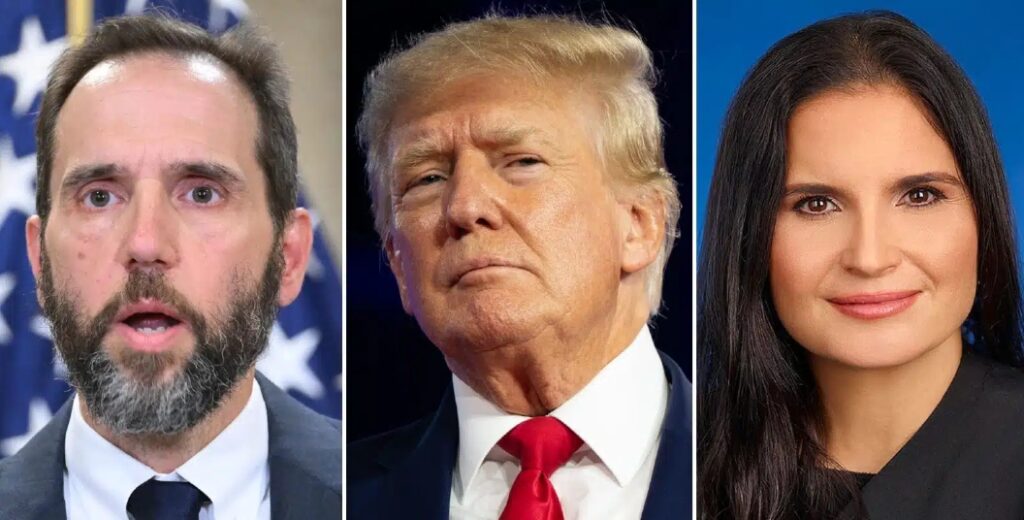Special Counsel Jack Smith has made a significant concession in the Florida case against President-elect Donald J. Trump, sparking speculation about the future direction of one of the country’s most closely watched legal battles. The move indicates a recalibration of the Justice Department’s strategy as it navigates the unprecedented legal challenges surrounding a former and future president.
In a filing submitted Wednesday to the 11th U.S. Circuit Court of Appeals, Smith referenced the recent election results as a key factor. He noted that Trump is expected to be certified as President-elect on January 6, 2025, and inaugurated on January 20, 2025. Given these developments, Smith requested that the court delay the appeal until December 2, 2024, to give the government time to assess the situation and determine the best course of action in line with Department of Justice policy. “As a result of the election held on November 5, 2024, one of the defendants in this case, Donald J. Trump, is expected to be certified as President-elect on January 6, 2025, and inaugurated on January 20, 2025,” Smith wrote.
“The Government respectfully requests that the Court hold this appeal in abeyance— and stay the deadline for the Government’s reply brief, which is currently due on November 15, 2024—until December 2, 2024, to afford the Government time to assess this unprecedented circumstance and determine the appropriate course going forward consistent with Department of Justice policy.”
“If the Court grants the abeyance, the Government will inform the Court of the result of its deliberations—and, if appropriate, file its reply brief—no later than December 2, 2024. The Government has consulted with counsel for the defendants, who do not object to this request,” the filing read. Smith’s request to pause the appeal aligns with the Justice Department’s longstanding policy of not prosecuting sitting presidents. This policy is based on the principle that criminal proceedings against a sitting president could disrupt the executive branch’s ability to fulfill its constitutionally mandated duties.
The classified documents case, which involves allegations that Trump improperly retained sensitive government materials at his Mar-a-Lago estate after his presidency, was dismissed in July by U.S. District Judge Aileen Cannon. Judge Cannon ruled that Smith’s appointment as special counsel was unconstitutional, resulting in the case’s dismissal. Smith’s team appealed the decision, arguing that it contradicted longstanding appointment practices within the Department of Justice.
Importantly, Trump’s legal team has not opposed this request, indicating a shared recognition of the complexities arising from the election outcome. As the nation prepares for a transition of power, the Justice Department is adopting a cautious approach in navigating the unprecedented legal challenges involving a former president returning to office.
According to Wednesday reports, Smith has told colleagues he plans to resign from his post in the coming weeks to avoid the embarrassment of being fired by Trump. Fox News reported on Smith’s disclosure, which will be included in a report on the status of his election interference case against Trump.
According to Department of Justice guidelines, the Biden appointee must submit a summary of his case by December 2, even if the case is never brought to trial. Smith’s final filing will not drop the case entirely but will instead seek to vacate all charges related to Trump’s statements and actions surrounding the January 6 riots. It is unclear whether U.S. Attorney General Merrick Garland will release the report before Trump takes office or wait until the new administration, according to sources who spoke with The New York Times.



